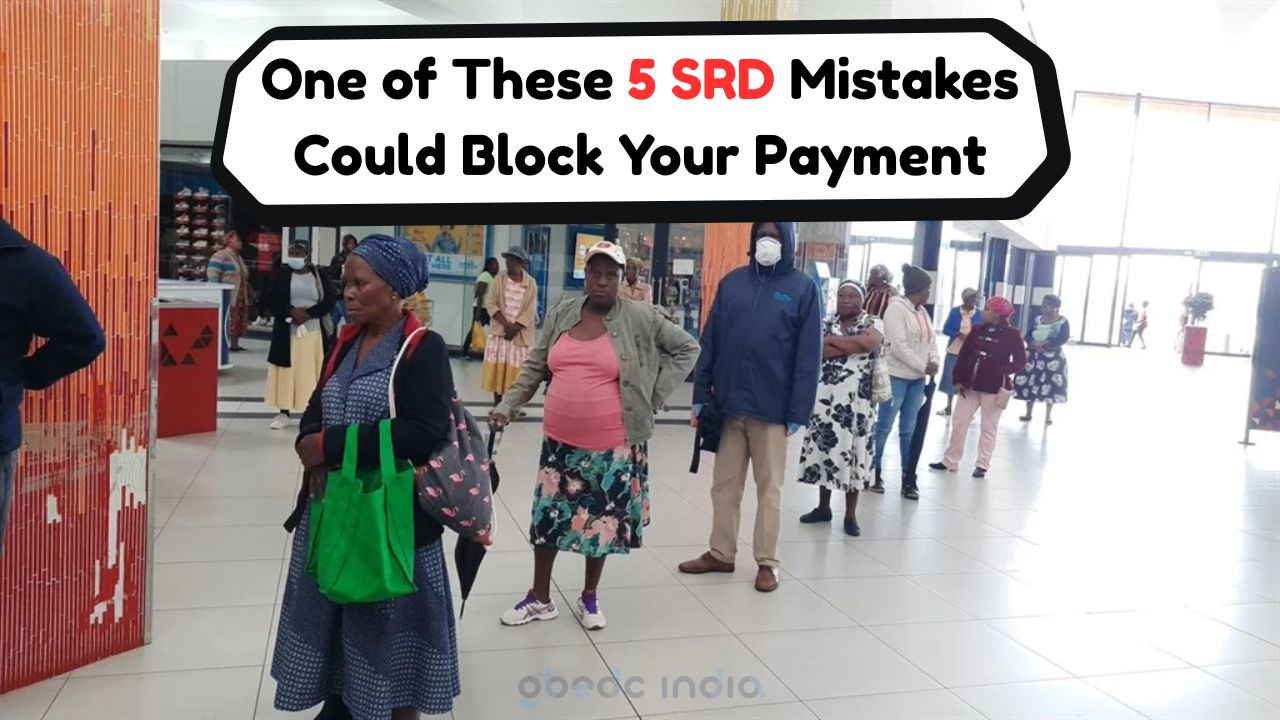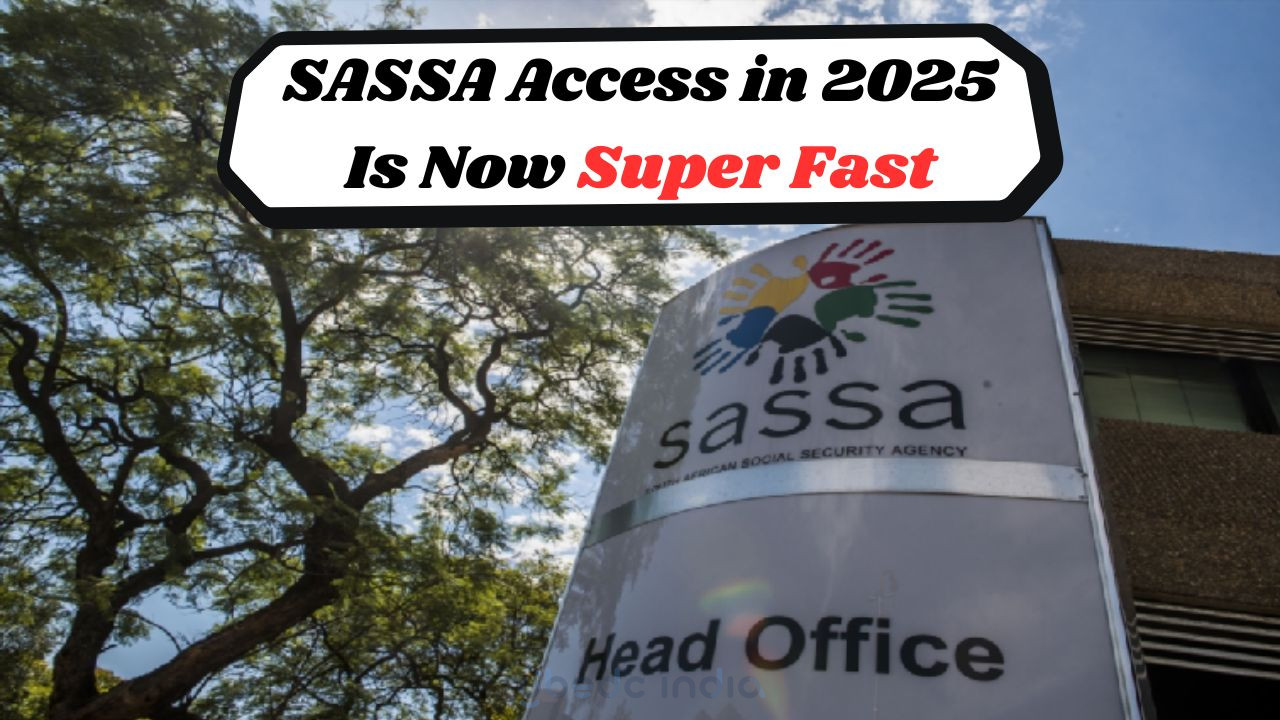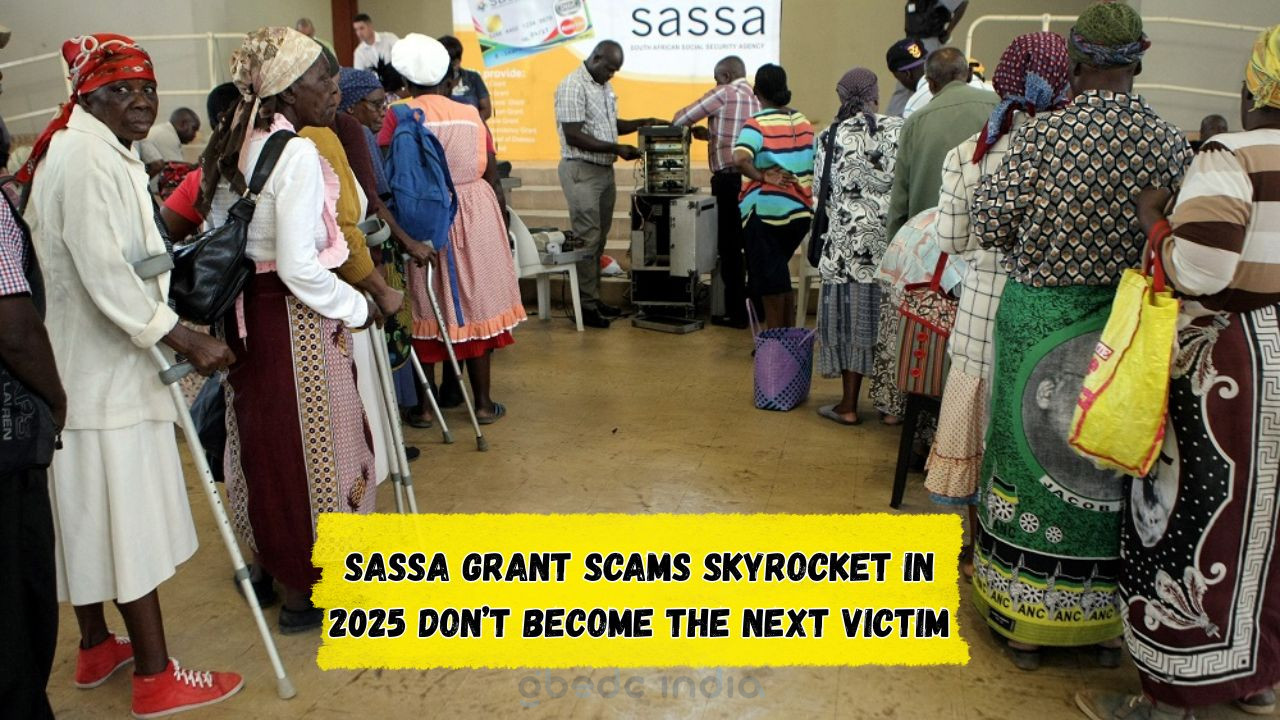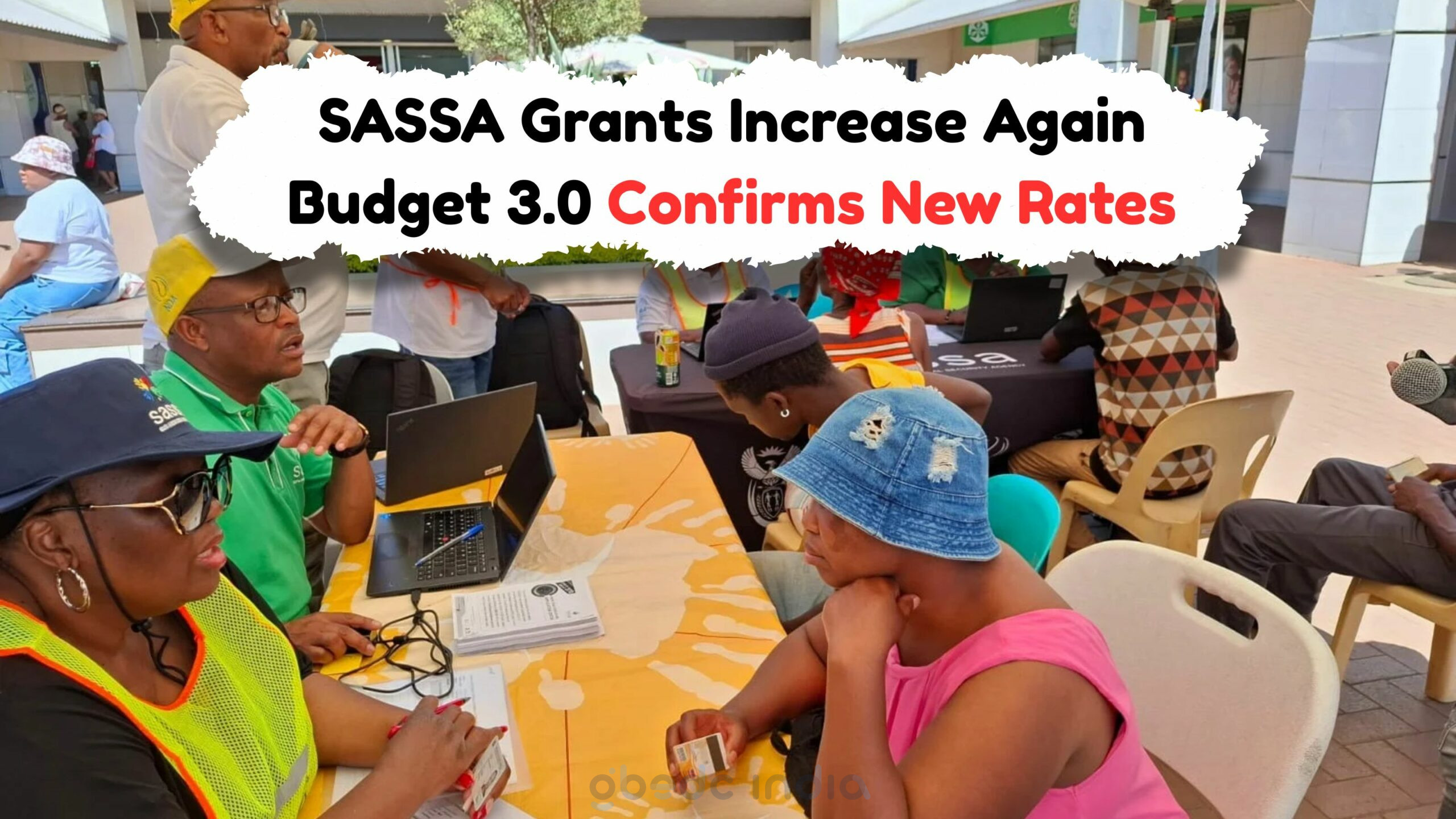SASSA 2025 Payout News: The South African Social Security Agency (SASSA) has announced a significant update for 2025, bringing cheer to senior citizens across the country. The government has decided to increase the monthly payout for senior citizens to R4,500, along with a DA (Dearness Allowance) adjustment aimed at addressing inflation and cost of living increases. This initiative is part of a broader strategy to ensure that the elderly population in South Africa receives the financial support necessary for a dignified lifestyle.
Understanding the SASSA 2025 Payout Increase
SASSA’s decision to increase the monthly payout is a response to the growing economic challenges faced by senior citizens. In recent years, inflation has eroded the purchasing power of fixed incomes, making it difficult for many to meet their basic needs.
- Enhanced Support: The R4,500 monthly payout is a step towards providing more robust financial security.
- Inflation Adjustment: The inclusion of a DA ensures that the payout keeps pace with rising prices.
- Economic Impact: This increase is expected to inject more than R1 billion into the economy annually.
- Social Welfare: It underscores the government’s commitment to social welfare and support for the vulnerable.
- Community Feedback: Initial responses from various communities have been overwhelmingly positive.
Details of the 2025 Payout Plan
The payout plan is meticulously designed to ensure transparency and efficiency. Beneficiaries are encouraged to stay informed about the changes and understand how they will impact their monthly benefits.
| Year | Current Payout (R) | New Payout (R) | DA Included |
|---|---|---|---|
| 2024 | R3,500 | R4,500 | Yes |
| 2025 | R4,500 | R4,500 | Yes |
| 2026 | R4,500 | TBD | Yes |
| 2027 | R4,500 | TBD | Yes |
Implementation Timeline: The rollout of the new payment structure will begin in January 2025, ensuring that all eligible recipients receive their updated amounts without delay.
Beneficiary Insights and Feedback
Community leaders and senior citizens have expressed their gratitude for the government’s initiative. Many have shared that the increase will help them manage their expenses more effectively, especially with rising healthcare and living costs.
Voices from the Community:
- Mary Ndlovu from Johannesburg said, “This increase will help me manage my medical expenses better.”
- Jabulani Mthembu, a pensioner from Durban, remarked, “Finally, we feel seen and heard by our government.”
- Senior associations across the country are planning workshops to help seniors understand and manage their finances better.
- Local NGOs are also stepping in to provide additional support and advice to beneficiaries.
- Public Awareness: SASSA is conducting information sessions to ensure that all beneficiaries are aware of the changes.
- Continued Engagement: SASSA encourages ongoing feedback to improve their services further.
Future Prospects: While the current increase is a positive step, discussions continue on further enhancements to social security for the elderly.
Economic Implications of SASSA’s Initiative
The economic implications of this increased payout are significant. By putting more money into the hands of senior citizens, the program is expected to stimulate local economies, particularly in rural and underserved areas.
| Region | Projected Economic Boost | New Jobs | Areas of Growth |
|---|---|---|---|
| Gauteng | R100 million | 500 | Retail, Healthcare |
| KwaZulu-Natal | R80 million | 400 | Healthcare, Services |
| Western Cape | R70 million | 300 | Retail, Tourism |
| Eastern Cape | R50 million | 200 | Agriculture, Services |
Impact Analysis: The increased spending power of seniors is expected to drive growth in several sectors, creating jobs and boosting small businesses.
Community Engagement and Support
In addition to the financial benefits, the increase in payouts is anticipated to foster greater community cohesion, as families can now provide better support to their elderly members.
- Family Support: Enhanced financial security for seniors can reduce the burden on family members.
- Healthcare Access: More funds mean better access to healthcare services for senior citizens.
- Quality of Life: Improved financial conditions contribute to a better quality of life for seniors.
- Social Activities: Seniors can participate more actively in community events and social gatherings.
Challenges Ahead: SASSA remains committed to addressing any challenges that may arise and ensuring a smooth transition to the new payout structure.
How to Stay Informed and Involved
Beneficiaries and their families are encouraged to stay informed through official channels and participate in community meetings and information sessions.
- Subscribe to SASSA newsletters for updates.
- Attend local community meetings to discuss the changes.
- Engage with SASSA representatives for personalized advice.
Embracing the Future: As South Africa moves towards a more inclusive and supportive social security system, these changes mark a significant milestone in enhancing the welfare of its senior citizens.
FAQ Section
Frequently Asked Questions
- When will the new payout take effect? The new payout will begin in January 2025.
- Who is eligible for the increased payout? All senior citizens currently receiving SASSA benefits will be eligible.
- How will the DA adjustment work? The DA will be adjusted annually to match inflation rates.
- Is there any action needed from beneficiaries? No immediate action is required, but beneficiaries should stay informed through SASSA announcements.
- What should I do if I have questions about my benefits? Contact SASSA directly for any queries related to your benefits.
Departmental Contact Details
SASSA Helpline
Email: [email protected]
Phone: 0800 60 10 11
Website: www.sassa.gov.za
Regional Office Contacts
Gauteng: [email protected]
KwaZulu-Natal: [email protected]
Western Cape: [email protected]
Eastern Cape: [email protected]
Community Support Programs
For assistance with understanding and managing benefits, reach out to local NGOs and community centers.
Feedback and Suggestions
SASSA encourages beneficiaries to share their feedback to improve services continually.






